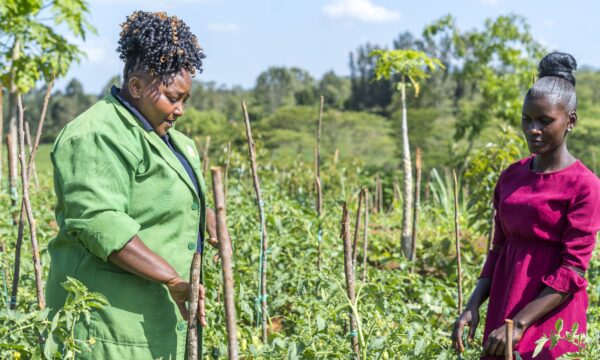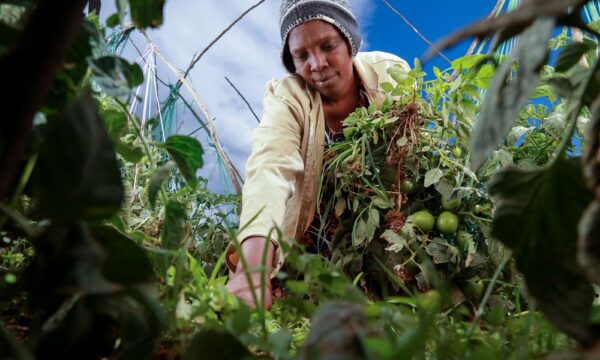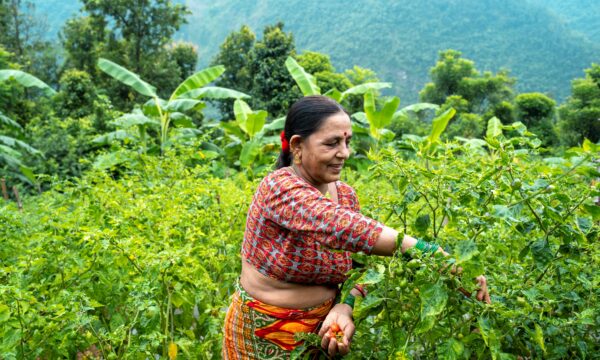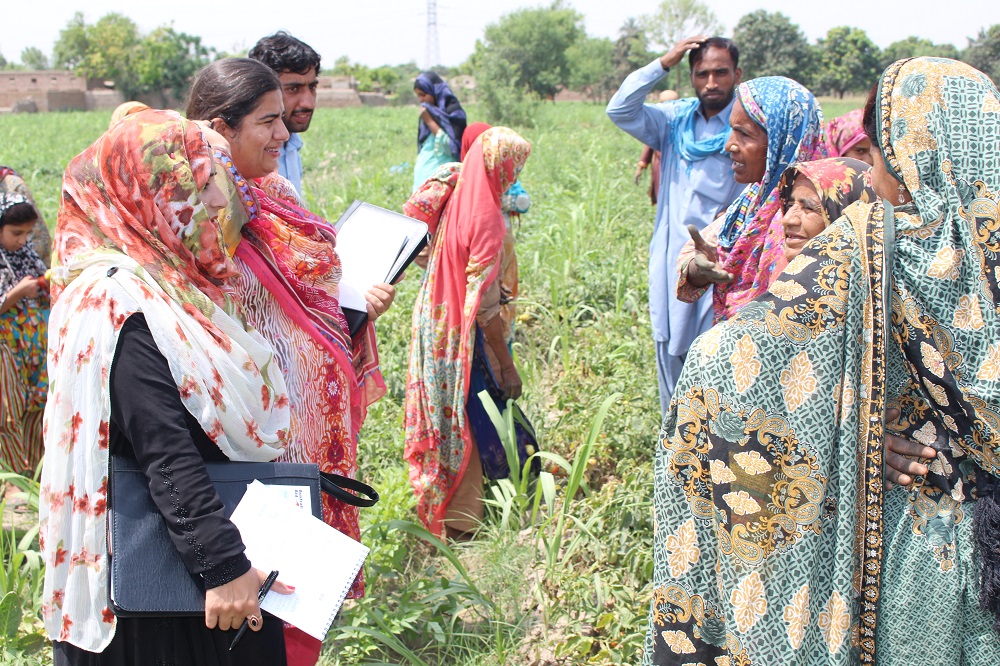
On International Women’s Day, Bethel Terefe, Gender Coordinator, CABI takes a look at gender-related social norms and how they affect women’s futures in agriculture.
Women play an important role in agriculture. Although they rarely control decision-making on family farms, women constitute 43% of the global agricultural workforce and are an undeniable asset to the sector.
For this reason, gender equality has become an increasingly important topic to many agriculture-focused development organizations. Non-profits know that farming and food security can thrive when more women are reached through agricultural extension (agricultural advisory services) and development communication.
Despite this, women still are not getting ahead. Many gender constraints stand stubbornly in the way of them running successful farming businesses. Notwithstanding the efforts of development organizations to reach more women with agricultural information, the problem might not be just down to under-resourced agricultural extension, but perhaps also down to gender related social norms.
Social norms are behavioural rules constructed and shared by a group. They are made up of empirical expectations (one’s beliefs about what others do) and normative expectations (one’s beliefs about what others think one should do). They are maintained through negative and positive social sanctions. Reference groups (the others, whose opinion matters to the actor making decisions on behaviour) also influence how social norms are maintained and how they change.
In the context of agricultural extension, these norms matter because they affect women’s choices and the opportunities that exist to improve their lives. From participation in decision making to access and control of assets and resources in the value chain, social norms dictate and hold a woman’s place in her society. Simply put, women cannot empower themselves in agriculture unless social norms are addressed.
Social norms and the agricultural sector
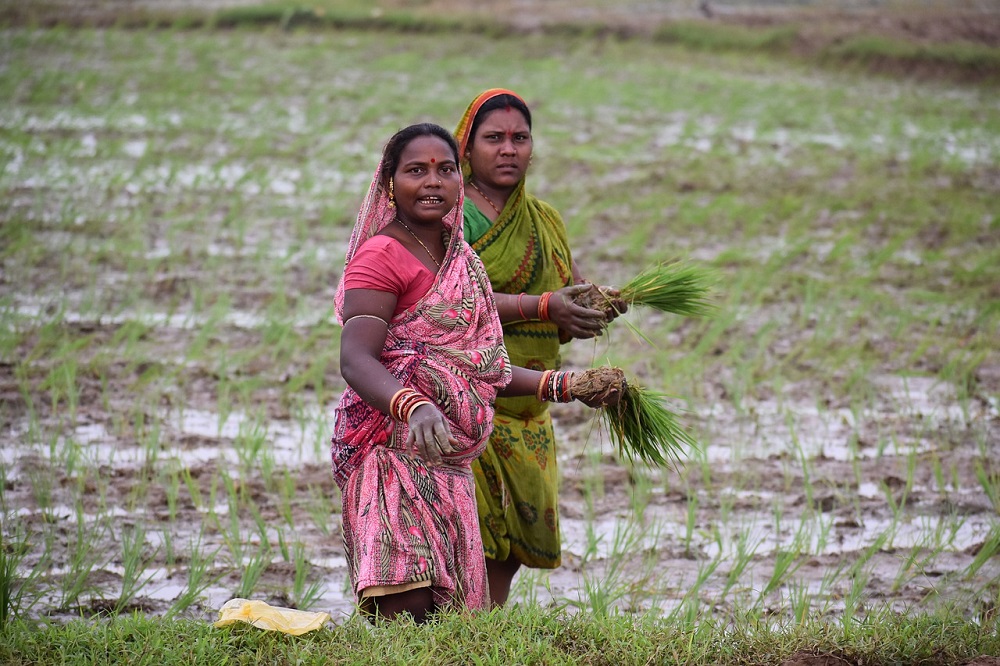
Social norms have been an important subject of interest in certain areas of development, such as health, for a long time but have not been applied in the socio-economic sector at the same scale. People working in global development are starting to recognize social norms as an important new issue in the agricultural sector, but we have yet to start addressing them on a wide scale.
When it comes to agricultural capacity building and extension, we must understand one critical point: no matter how much we focus on helping women to access new information, social norms may stand in the way of them applying this knowledge.
For example, a woman farmer might attend an agricultural training and learn about the use of new inputs, but social norms might prevent her from travelling to buy those inputs. In some contexts, it is not considered moral for women to travel to buy agricultural supplies.
Or a woman farmer might learn new information about agricultural technologies, but social norms might prevent her from accessing the credit to fund them. Without the support of her husband, she might be considered a risky investment.
Social norms often limit women’s mobility and dictate the work that women (and men) can do. They can keep women concentrated in the least paid, low profit ends of the supply chain and prevent them from entering and progressing up the market system.
Even new legislation can have a limited impact on women’s access to and ownership of assets. While laws have been passed stating that women are entitled to inherit land, social norms often dictate that the husband controls the title. The pressure of social norms may simply force women to forgo their right to hold or inherit land.
Social norms are the driving factor behind these kinds of hurdles. We think behavioural change will happen because people’s knowledge has changed, when, in fact, their behaviour will not change if their social norms do not change too.
Building social norms into agricultural development
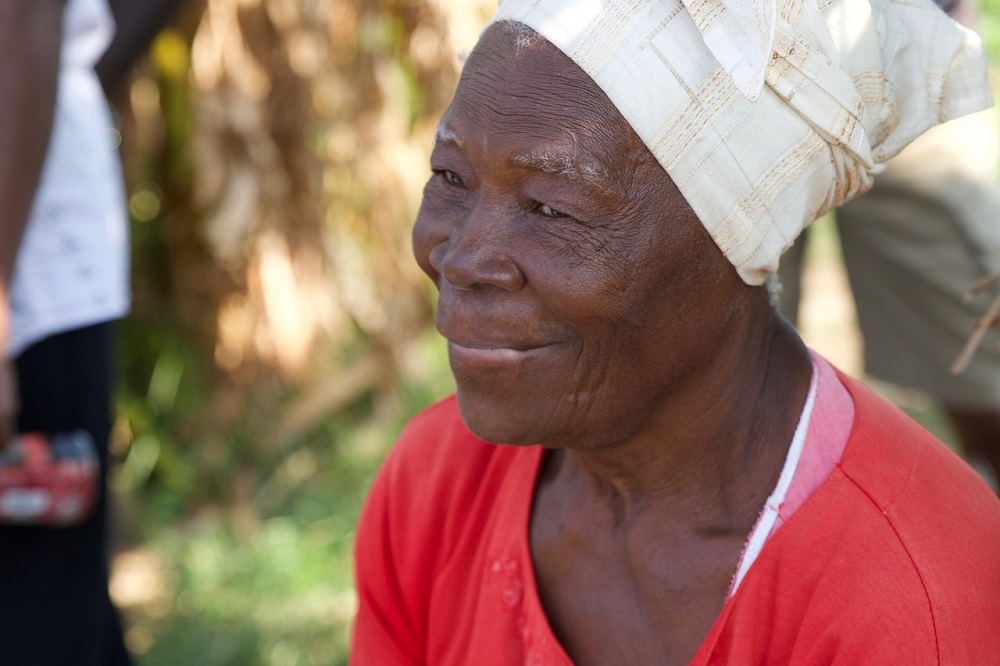
Funding and work on gender needs to be just as much about social norms as it is about extension. Assessment is the key – we must understand the influence of social norms on women’s roles in farming and across the food value chain.
Integrating the exploration of social norms into agricultural extension grants and projects will help to reveal the norms that influence behaviour of market actors. In this way, context-specific and informed behaviour change strategies can be built into interventions before they are initiated.
Agricultural development organizations must diagnose the existing situation to really understand current social norms and how they influence women’s (and men’s) behaviour. Within a system of sanctions, it is important to assess whose opinion matters in the context of a project so that the right people can be reached.
The objective of the assessment is to understand the influence of social norms on women’s role within farming systems. Social norms’ diagnostic tools can help to identify the norms that constrain, promote and shape women’s participation in those systems and reveal how and where they can benefit in the value chain.
Using qualitative research methods, we can identify whether the behaviour of actors in the gender value chain is under the influence of social norms and identify the specific norms that influenced the behaviours of actors.
We must investigate identified social norms to understand their dynamics, including how they are sustained, the existence of sanctions, reference groups, opportunities for change, allies, blockers and drivers of change and how to measure shifts in the norm. An in-depth understanding of the situation can help various actors in agricultural development deliver impactful and synergistic support.
The Sustainable Development Goals, specifically SDG 5, have made gender equality a formal objective of the international community. We have the potential to make real change and improve the lives of women and, by association, their families and communities. Addressing social norms is an often-overlooked, but critical, part of the solution to achieving that equality.
Additional information
Note: Photos were taken prior to the COVID-19 pandemic.
Bethel Terefe has worked in the development sector for over 15 years, designing and implementing gender equality and women’s empowerment, water supply and sanitation and agriculture water management programs. Some of her roles have included social science research, policy engagement and influencing, networking and partnership development.
Related News & Blogs
Lessons in AI Governance from the GAIA Project
Generative AI is starting to reshape how agricultural advice is produced, shared, and used — but the shift comes with both opportunities and challenges. For smallholder farmers, agriculture advisory chatbots and AI-based diagnostic tools could offer fa…
14 May 2025

